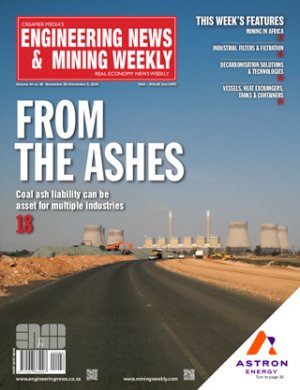Business Unity South Africa (Busa) expressed concern over the planned October 7 nationwide protest by the Congress of South African Trade Unions (Cosatu), saying recurring protests, using “outdated” National Economic Development and Labour Council (Nedlac) certificates, place undue strain on businesses and the economy.
Cosatu is protesting retrenchments it says are to maximise profits, and alleges that “we have seen the number of retrenchments increase at alarming rates accompanied by weak economic growth as well as rising costs of living”.
Busa said while it acknowledged the importance of labour rights, it stressed that protests should not come at the cost of economic stability.
Busa said it did not believe that Cosatu’s proposed strike would address any of the challenges that the trade union had raised.
“We respect the right to strike or protest, within the dictates of the law, but believe the issues raised by Cosatu are structural in nature and can be addressed through the various bilateral and multilateral processes, engagements and partnerships underway,” said Busa CEO Cas Coovadia.
Busa CEO designate Khulekani Mathe said the organisation reiterated its proposal to revise Nedlac Section 77 processes, to limit the time between Nedlac certificates and protests to 12 months, ensuring that labour actions were “relevant, current and justified”.
“The use of an old certificate to stage recurring protests exemplifies the need for reform,” he said.
Mathe pointed out that to Busa’s knowledge, the issues being relied upon by Cosatu in the proposed strike were last discussed in Nedlac in 2017.
He added that no effort had been made to engage government or business in Nedlac since then on these issues.
Coovadia pointed out that at a time when the country’s economy was under severe strain, such protests would only add further pressure, and said such strikes did not contribute to efforts to achieve sustainable economic recovery.
“…these actions also hinder our collective efforts to grow the economy at a rate that can address unemployment, inequality and poverty. We need to prioritise stability and collaboration to foster long-term economic growth, rather than resorting to measures that negatively impact both business and citizens,” he said.
Edited by: Sashnee Moodley
Senior Deputy Editor Polity and Multimedia
EMAIL THIS ARTICLE SAVE THIS ARTICLE
ARTICLE ENQUIRY
To subscribe email subscriptions@creamermedia.co.za or click here
To advertise email advertising@creamermedia.co.za or click here










